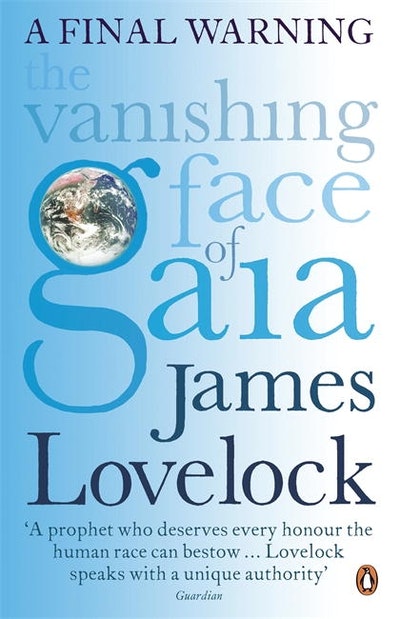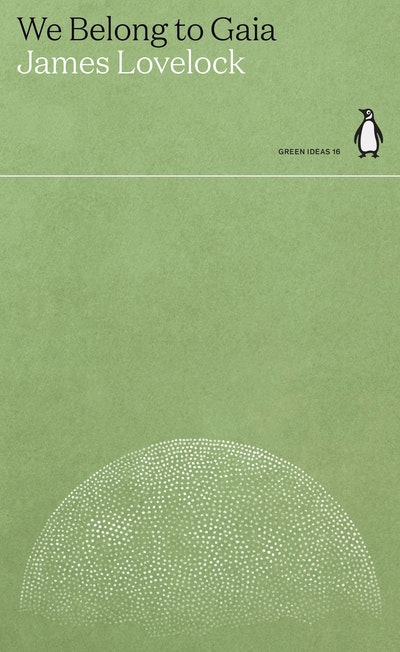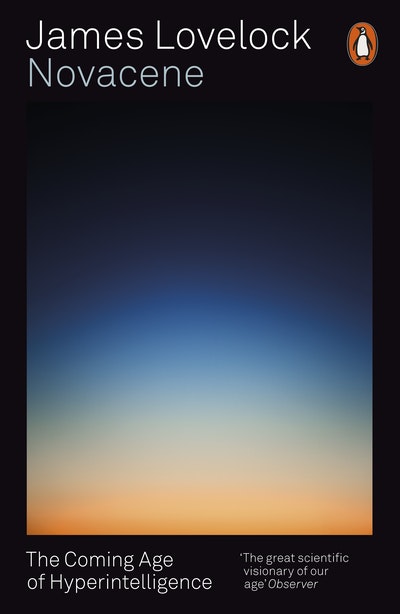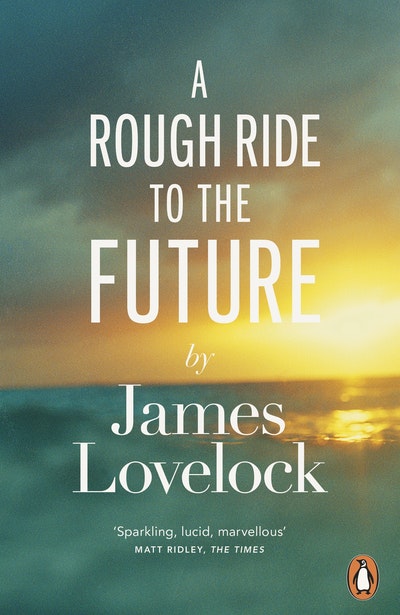James Lovelock described his previous book, The Revenge of Gaia, as 'a wake-up call for humanity'. Stark though it was in many respects, in The Vanishing Face of Gaia Lovelock says that even though the weather seems cooler and pollution lessens as the recession bites, the environmental problems we will face in the twenty-first century are even more terrifying than he previously realised. The Arctic and Antarctic ice-caps are melting very quickly, and water shortages and natural disasters are more common occurrences than at any time in recent history. The civilisations of many countries will be jeopardised and life as we know it severely disrupted.
'Our wish to continue business as usual will probably prevent us from saving ourselves' says Lovelock, so we must adapt as best we can and try to ensure that enough of us survive to allow a more capable species to evolve from us. There could hardly be a more important message for humankind.






